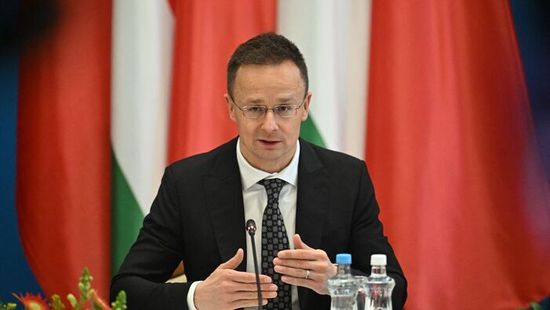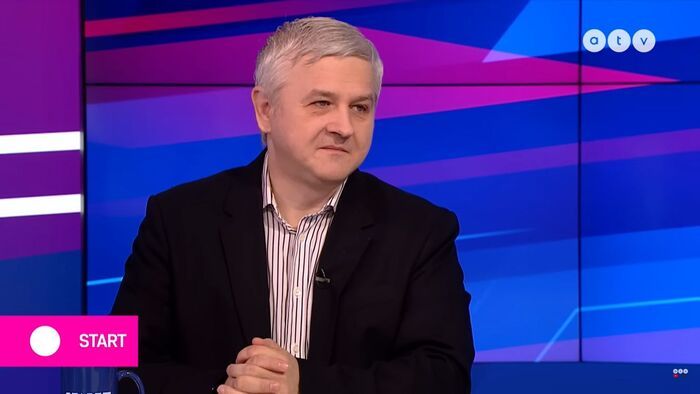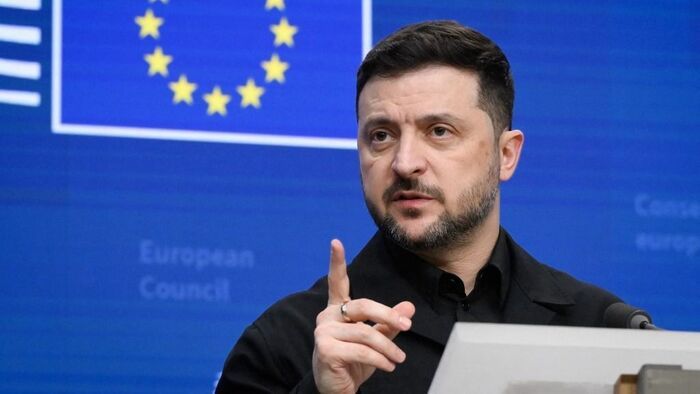In today's time of war, it may even pose an obvious (national) security risk if foreign actors seek to pressure Hungary's government and public opinion through government-critical media in a bid to force them to take a role in the war, Nezopont Institute has pointed out in its latest analysis.
In the absence of relevant and effective regulation, it is practically impossible to detect the full range of sources coming from outside Hungary to the various media outlets. On the one hand, the donor side is overly diverse, on the other hand, media outlets are not compelled to and
hold no interest to publicly disclose that they accept funds or even orders from abroad.
In their publicly accessible annual reports, the individual publishers - whether they are companies, foundations or associations - list these funds under the heading "other income" or "subsidies", but the breakdown is optional, so it is not even possible to determine whether the funds came from Hungary or from abroad. If individual outlets publish such data on their own platforms, they do not always name the exact donors.
Even on the basis of the annual reports, which are often rather unclear, it can be established with certainty that
media outlets that are particularly critical of the government receive billions in foreign donations annually.
For example, foreign governments and their embassies in Hungary provide public funds from abroad to Hungarian media. According to the analysis, the United States takes the lead in this respect, with its embassy in Budapest providing applicants with a total of 146,034,780 Hungarian forints in two rounds through its Free Media program.
The analysis also points out that the European Union has now become particularly active in the area of media funding, following the announcement that the Open Society Foundations, founded by George Soros, will largely discontinue their activities in the EU.
Government-critical media in Hungary received at least one million euros in funds through various projects.
Finally, a hidden form of foreign funding that is also difficult to detect is chain financing. In the international arena, there are many networks and umbrella organizations, which are active in Hungary in some form or have been joined by media outlets and editorial offices in Hungary.






















Szóljon hozzá!
Jelenleg csak a hozzászólások egy kis részét látja. Hozzászóláshoz és a további kommentek megtekintéséhez lépjen be, vagy regisztráljon!